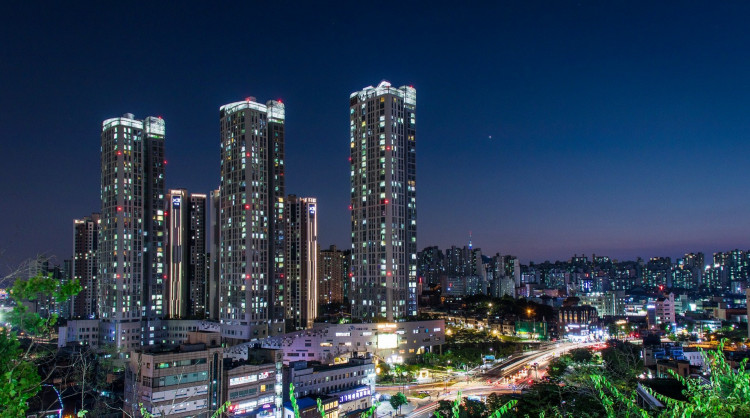Yoon Suk-yeol, a conservative South Korean opposition candidate, was elected president on Thursday in one of the most hotly contested elections in recent history, determining the future direction of Asia's fourth-largest economy for the next five years.
Yoon, 60, of the main opposition People Power Party, defeated Lee Jae-myung of the ruling Democratic Party with 48.6% to 47.8% of the vote, with roughly 99.8% of the ballots counted as of 5:30 a.m. on Thursday.
Later on Thursday morning, an official statement is planned.
Yoon called the election a "success of the great people," saying he will respect the constitution and parliament and work with opposition parties to mend fractured politics and build reconciliation.
Yoon declared at a separate ceremony with supporters that "national unity" will be his main concern, and that everyone should be treated equally despite their geographical, political, or financial disparities.
Lee complimented his opponent after admitting defeat.
Yoon will take office this month for a five-year term, succeeding incumbent President Moon Jae-in, who is legally forbidden from seeking re-election.
Yoon was congratulated by the White House, which stated that President Joe Biden looked forward to working closely with him to further the alliance.
Yoon's triumph is an extraordinary reversal for the conservatives, who had been battling to reorganize since President Park Geun-hye was impeached and removed from office in 2017.
Despite his lack of political experience, Yoon rose to prominence after leading high-profile investigations into Moon's advisers' involvement in corruption scandals.
Amid an enormous rise in new COVID-19 cases - with a record 342,446 posted on Wednesday - more than 77% of South Korea's 44 million eligible voters cast ballots to elect their next leader.
Controversies plagued an unusually bruising election campaign. As scandals, mudslinging, and gaffes dominated what was dubbed the "unlikeable election," disapproval ratings for both candidates mirrored their popularity.
The policy stakes are high for the 52 million-strong country, which has been torn apart by gender and generational differences, soaring inequality, and skyrocketing property prices.
Yoon also has to deal with the deadliest wave of COVID-19 infections in South Korea, as well as North Korea's expanding nuclear and missile threats, all while navigating an increasingly tense rivalry between China and the US.
The preliminary results matched exit polls, however polls taken last week predicted Yoon's victory when he gained the backing of a fellow conservative who had been lagging in third place and then dropped out.




